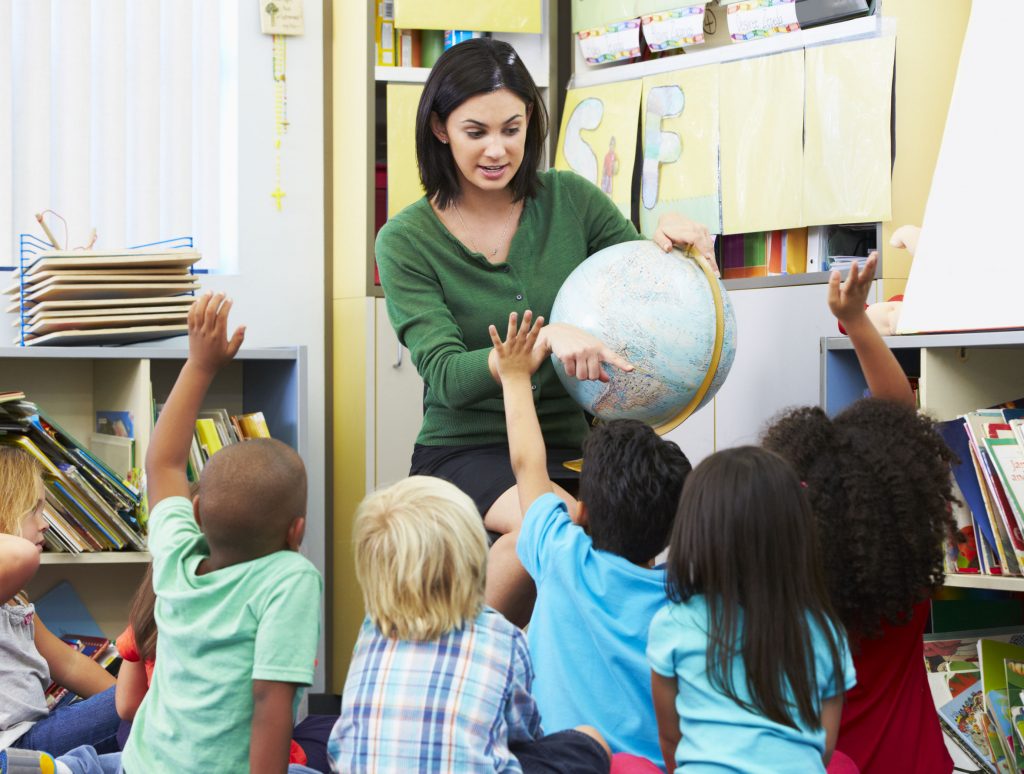The risk of kids getting ill is small, but the disruption to work and education is huge.
Closing down schools during a pandemic can help slow infection rates. Schools involve a lot of people being close together for a long time - perfect conditions for a virus to spread in - and children aren’t always famed for being hygienic at the best of times. Although kids rarely get super ill from Covid-19, they can still catch it and spread it to others who might. But there are costs to shutting schools too. Scientists at University College London are now suggesting these might outweigh the benefits
Education is one of the main ways we build up what economists call our human capital. That’s basically all the skills that help make us a productive member of society later in life. Traditionally, that’s usually seen through the framework of being able to get a good job and make as much money as possible, but schools can also create non-financial benefits for people - it might be the place where we discover new passions or learn about lived experiences that are different from our own, for example.
Although parents are being encouraged to continue kids’ education at home with the help of online learning platforms and video lessons from teachers, many will not have the skills or time or resources to deliver education that is on par with what their children will have received at school.
Many parents, after all, will be currently trying to work from home full-time (key workers who are working outside the home can still send their children to school). Indeed, this disruption to parents’ jobs is seen as another cost of closing school. Parents may also not have a good internet connection or enough electronic devices for their kids to be able to access online learning. Or they might simply have other priorities right now and let education slide completely.
Of course, this won’t be true of every household. But this is actually another problem, because the kids who will receive the best home education are disproportionately likely to come from well-off families. Richer households are more likely to have spare laptops and fast broadband. They’re more likely to have a stay-at-home parent or adults with advanced education who can understand and teach the curriculum. They’re more likely to be able to invest in additional resources that can help their kid to learn.
All of that places kids whose background already put them at an advantage at an even further advantage. If school closures continue for a long time, that may have a noticeable effect on how the youngest generation do in later life.
Read our explainer on: education.

